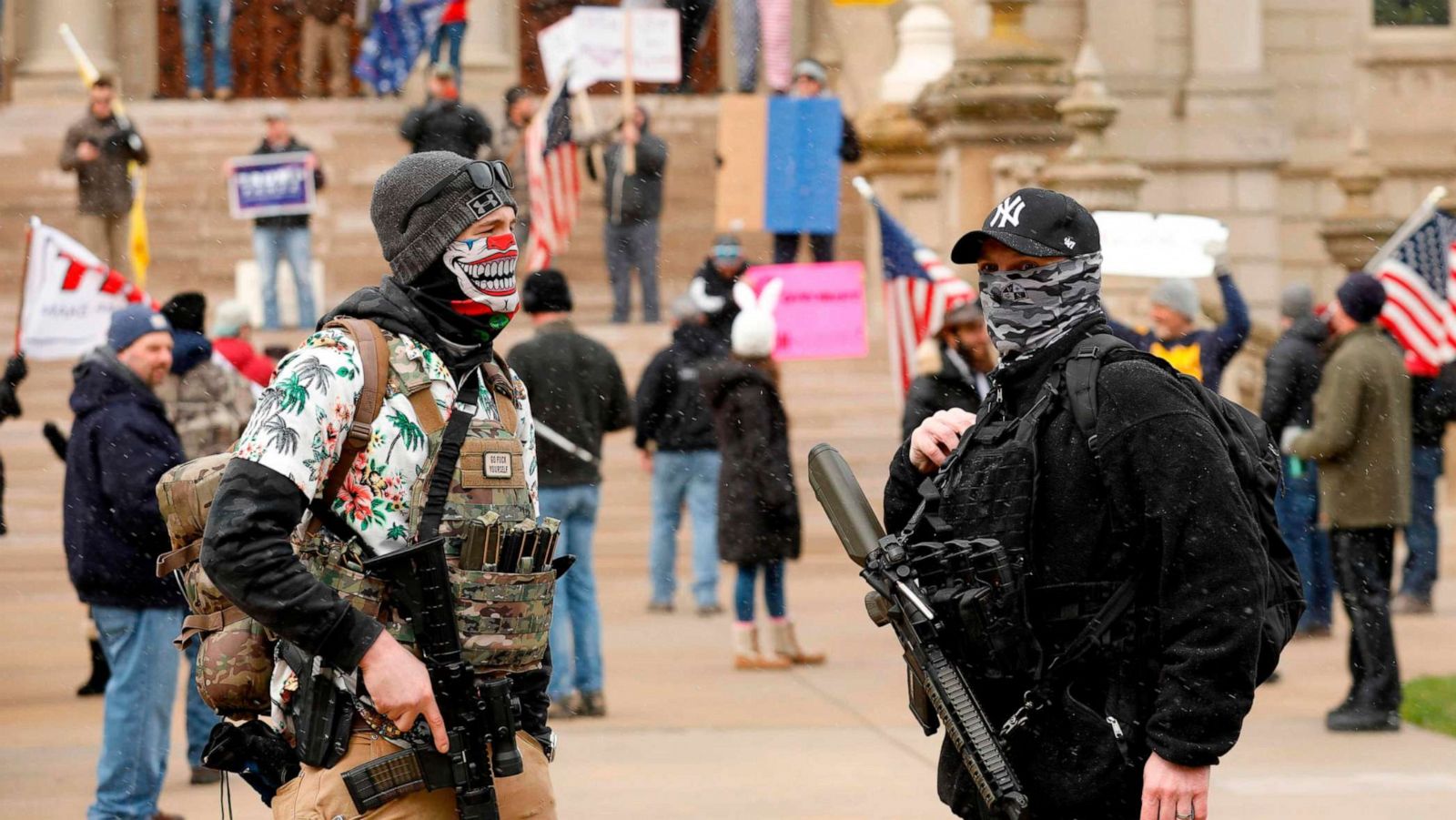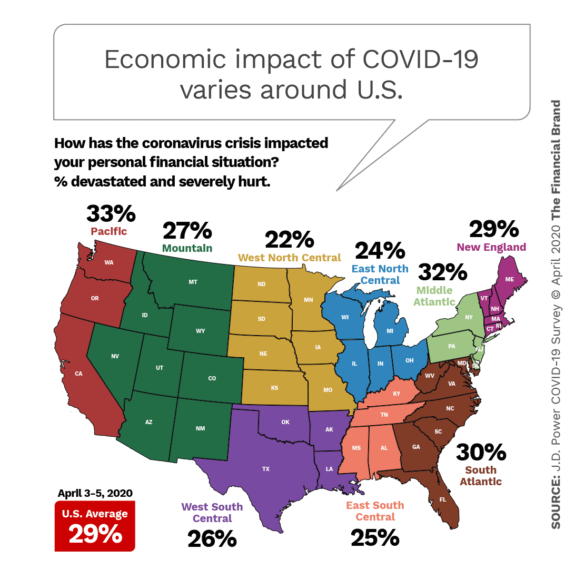Blog #128 – Your take on the coronavirus pandemic
So, all Michigan schools were shut down on the evening of March 12 (my birthday, BTW). The state’s first two COVID-19 cases had been diagnosed two days before, but a large number of cases had first started in Washington state and also New York at the end of February. During that week beginning March 8, a flurry of major cultural events had been cancelled or postponed, including the Big Ten basketball tournament, the NCAA men’s and women’s basketball tournament, the NBA and NHL seasons, Broadway shows, NASCAR, and Major League Baseball. Also, major colleges and universities were closing for the year or moving to online learning. All gatherings of 250 or more had been banned as well as visits to nursing homes. On March 16, the governor closed all restaurants and bars for dine-in service and gatherings of 50 or more were banned. The next day, Michigan experienced its first COVID-related death. The Big 3 auto makers shut down production, and COVID cases started to spike dramatically. There were dramatic food and cleaning supply shortages in the first couple of weeks of the virus hitting Michigan which would continue for the foreseeable future.

ON March 23, Governor Whitmer issued a stay-at-home order that was to initially last for three weeks (2 months later, we’re still waiting for it to end). By March 25, Michigan had the 5th most cases in the country. After a record number of deaths and confirmed cases, Governor Whitmer cancelled school for the rest of the year on March 30 (officially on April 3). On March 27, Congress passed the CARES Act which would provide $2.2 trillion – a package for small businesses, large businesses, increased unemployment benefits, and upwards of $1,200 per person.
On April 9, Whitmer extended the stay at home order until April 30. In mid- late April, Michigan was 3rd in number of cases in the country. Also, on April 15th, “Operation Gridlock” descended upon the capitol to protest the stay-at-home and mask requirement orders. On April 24, Whitmer extended the stay-at-home order until May 15 but allowed for some partial reopening of businesses. Yet the protests continued.

As of May 17, there had been 51,142 confirmed cases and 4,891 deaths from the virus. Nationally, as of 5/18, there have been 1.53 million Americans infected w/ COVID and over 90K have died because of it. And Michigan has fallen to 7th in the nation in number of cases. And just yesterday (5/22), Governor Whitmer extended the stay-at-home order until June 12.
Nationally, the stock market took a massive hit in March but has rebounded in the past 4 -6 weeks. The biggest story is the number of people unemployed. Over 38 million people have filed for unemployment, numbers we haven’t seen since the Great Depression (and easily higher than unemployment during the Great Recession of 2007-2010). Part of the CARES Act provided $600 extra a week for unemployment insurance until the end of July. Numerous small businesses have been closed and may never reopen, partially because the Paycheck Protection Program, $300 billion in loans, quickly dried up as so many small businesses applied for them. The real fight will be in Congress in the next few weeks over how much help they will or won’t give to Americans while the possibility of slower reopenings in the states is highly probable. Latest numbers with breakdown by industry from the Bureau of Labor here.
And the virus seems to be affecting African Americans at a higher rate than other Americans. They are infected and dying at a greater rate than the rest of America. In Michigan, Blacks make up 14% of the population by 40% of the fatalities. It’s also been noticed that a greater percentage of essential workers, especially those in minimum wage jobs like delivery people, grocery store clerks, nursing home employees were also Black. African Americans are also 70% more likely to live in a health care desert where there is a severe shortage of primary care physicians. The virus has exposed many flaws in American society – massive income inequality, lack of reliable health care, health care connected to one’s job as opposed to being guaranteed by the government, need for child care, and a realization that many jobs deemed essential do NOT get paid as if they are essential.

Give me your thoughts on the following questions:
- How had the pandemic affected your life, your family, your home? Explain. What do you think has been the strangest thing that has impacted you or your family? Why?
- What are your thoughts on the protests demanding that the state open up? Does this seem like a reasonable or an unreasonable demand? Why?
- What are your thoughts on some of the things that other states and companies are doing as they reopen – restaurants and airlines and places of worship w/ limited seating capacity; required mask wearing in public spaces; possible temperature checks; shortages of essential items – and do you think these things will be enough to prevent a 2nd wave?
- How do you foresee school being different in the fall? Why? (Take a look here at the CDC’s recommendations for reopening in the fall here).
